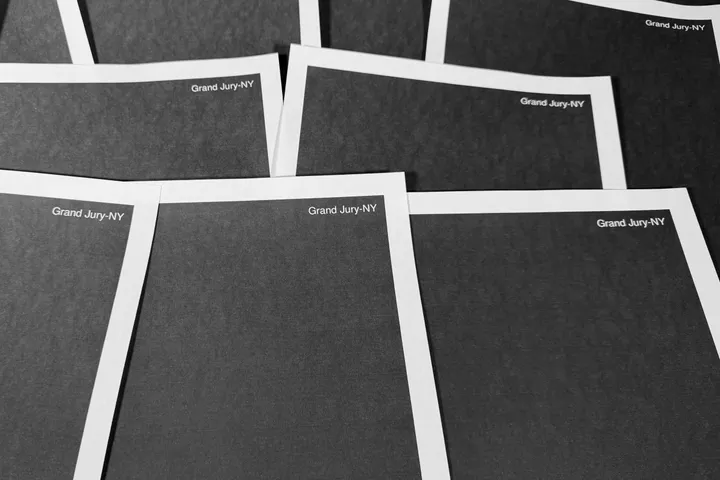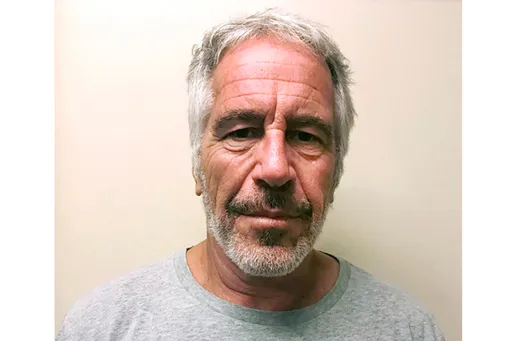Residents of Nangarhar province are being attacked from all sides. The Taliban, Islamic State of Khorasan Province (ISKP) and other militant groups pass back and forth through Nangarhar's 100km border with neighbouring Pakistan.
Local leaders and strongmen hold a tight grip on poor local communities, the Taliban are ever-present even offering to broker land disputes, the US military regularly conducts airstrikes which often times kill civilians, but it's ISKP that all factions in Nangarhar want eliminated.
A suicide car bomb was detonated allowing for insurgents armed with AK-47s to enter the Save the Children NGO building in Jalalabad city early Wednesday morning.
Sources on the ground indicate that the fighting is ongoing and employees of Save the Children, a Non Governmental Organisation based in the UK, were still holed up in the buildings bunker as security forces continue to battle their way through the building.
Sources within the governors office have confirmed that the first and second story of the NGO have been cleared by Afghan security forces, but that two floors and at least one insurgent remained. There were approximately 50 people inside the building at the time of the attack and up to 40 maybe still be in the compound, trapped, at the time of writing this.
"The governor received a call from the head of the organisation shortly after the first explosion" said an anonymous source within the governor’s office, "he said that many of the NGO's employees were hiding in a bunker and asked that the security forces please be careful in their operation not to harm the employees".
At least 20 people, including children, had been taken to a local hospital. At least two have been confirmed killed, one civilian from the explosion of the initial car bomb and an Afghan soldier who died during the battle with insurgents.
A local shopkeeper told me that a car bomb detonated killing a beggar pulling a cart and also killing or severely injuring another shopkeeper.
So far two attackers have been killed with at least two more insurgents continuing to battle Afghan security forces. The Taliban were quick to deny any involvement leading authorities to believe that ISKP militants carried out the attack - the group has now released a message claiming responsibility.
The Murky History of ISKP in Nangarhar
As US and Afghan forces battle to stop the growth of ISKP in Nangarhar the group continues to hold ground in several rural areas in the mountainous Achin district as well as in Boti Kot, Khogyani and Pacher Agam, but continue to be a violent and deadly force in other regions of the country like Jawzjan in the north and within major cities like Kabul and Jalalabad.
ISKP's growth inside Afghanistan, much like the group’s inception, has been a point of contention among journalists, analysts and government officials alike. Blame has been thrown in the direction of Gulbuddin Hekmatyar, the Haqqani Network, Pakistan's intelligence service - the ISI, the Afghan NDS as well as others including the USA.
The groups appearance was first reported by locals in Achin, but shortly after in Boti Kot and other districts as well, though the two do not seem connected.
In Achin, locals say refugees fleeing the Pakistani military and US drone strikes came and settled in the region. Some of the young men among them encouraged the locals to join them and fight of what they called "the oppression of the Taliban" - which they did, successfully. What came after, was a brutality that the locals had not yet witnessed.
In the Boti Kot region however, a disgruntled Taliban leader angry with the groups peace negotiations with the National Unity Government declared his allegiance to ISIS and began a campaign in his local area. Children were abducted and forced to fight along side his men. This led to fighting among the newly formed ISKP and the Taliban who had traditionally held territory in the areas.
Locals also began taking up arms against ISKP and joined "uprising" groups led by local strongmen, while others coordinated with Afghan Security Forces or even the Taliban in an effort to fight off ISKP in Nangarhar.
Local politician and strongman, Haji Zaheer Abdul Qadeer was initially the main advocator and actor in the battle against ISKP in Nangarhar but according to the Afghan Analysts Network (AAN), "other mobilising forces for the militias are Haji Hayat Khan, another former jihadi commander, close to Provincial Governor Muhammad Gulab Mangal and active in Kot."
In a 2015 interview with this journalist Qadeer complained that the government had done little to nothing to support his efforts and that the group was being allowed to spread, even claiming that the president’s Chief Intelligence Advisor Mohamad Hanif Atmar was behind ISKP's inception.
Qadeer pointed to an interview with Paktika governor Abdul Karim Mateen in which Mateen claims that Atmar brought money to a branch of the Taliban that then initiated an ISIS cell in the area. Others within the government have also suggested this by indicating Atmar was eager to foment in-fighting amongst the Taliban who had been having deep internal disputes and either mistakenly, or consciously funded the most radical elements of the Taliban.
President Ashraf Ghani was forced to investigate the claims, but has maintained that the allegations are without merit.
On 13 April 2017, newly elected president Donald Trump and his generals in Afghanistan dropped the MOAB or the “mother of all bombs” in the area of Achin, which did little to nothing to stop ISKP in the area. Achin remains the most dangerous place for US troops in the world.
ISKP continues to target civilian or soft targets as well the Hazara community in an effort further destabilize and sectarianise an already devastated country.
At this point it is clear the group is lodged in quite deeply and their popularity is growing among the youth. Ashraf Ghani’s approach has not centered on building alternatives for Afghans outside of joining armed groups, be that the ANA or the ISKP. Without an approach that centres Afghanistan’s underprivileged, the violence will continue to be an inevitability.
























